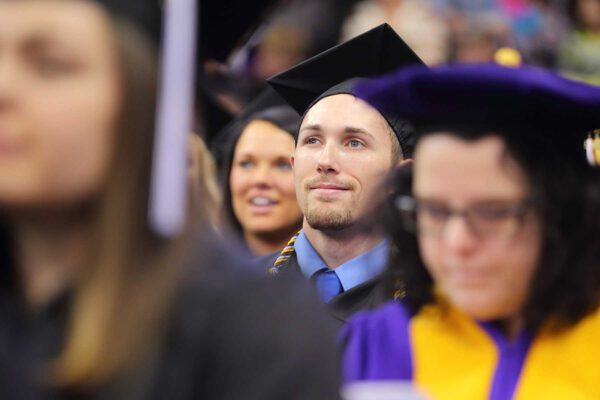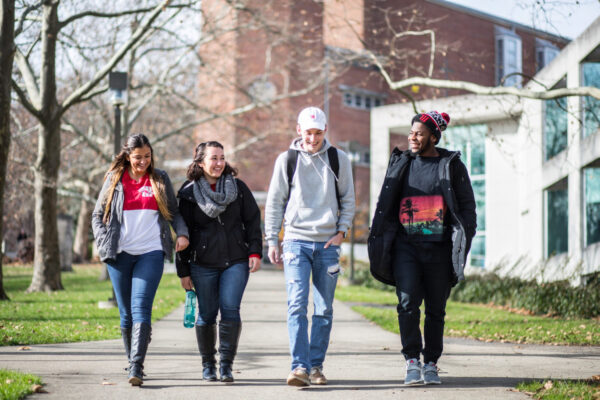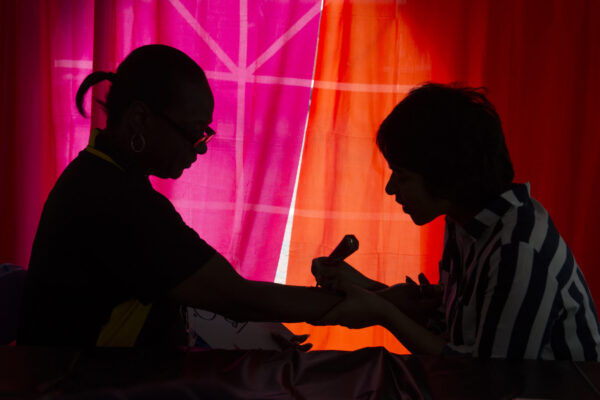Understanding the Intersection Between New Gainful Employment Regulations and Student Loan Debt
Title: How the Gainful Employment Rule Will Affect Student Loan Repayment
Authors: Jason Delisle and Jason Cohn
Source: The Urban Institute, Center on Education Data and Policy
The Biden administration is currently pursuing two higher education policies through the negotiated rulemaking process that focus on increasing affordability and easier repayment options for students.
The first policy would makes changes to the income-driven repayment (IDR) plans for student loans, which include changing how much and for how long payments are made. The second proposed regulation makes changes to the gainful employment (GE) rule by eliminating access to federal aid for programs that don’t hold up to employment standards, are not aligned with labor market needs, or are of poor quality.
Although the IDR plan and GE rule are distinct policies undergoing separate rulemaking processes, they complement each other. A report from the Urban Institute provides deeper analysis of the intersection of these proposed regulations by estimating student loan repayment rates before and after the new gainful employment rule goes into effect.
Based on the Urban Institute’s recent analysis, the new GE regulation will reduce the amount of debt forgiven under the IDR plan by filtering out credentials with low earnings and high debt-to earnings ratios. However, this is limited by the lower thresholds used in the GE policy, as well as the gainful employment rule not applying to degree programs at public and private nonprofit institutions. Specifically, the report highlights these three items:
Gainful employment will improve repayment rates: Under the new GE rule, the Urban Institute estimates that the number of undergraduate programs where the typical borrower fully repays their loan disbursement will increase from 55 to 60 percent. Across all three categories of certificates, associate degrees, and bachelor’s degrees, the Urban Institute estimates that private for-profit institutions would see the biggest increase (more than 20 percentage points) in borrowers fully repaying their loan disbursements.
Gainful employment is limited by its lower thresholds: While the new gainful employment rule has an impact on IDR repayment rates, this is limited because of its lower thresholds. The new GE regulation considers earnings below those of workers with only high school diplomas (approximately $25,000) to be insufficient, contrasted with the new IDR plan that protects borrowers who make under 225 percent of the federal poverty level ($32,805).
Gainful employment rule covers fewer degree programs: Finally, the new gainful employment guidance is further limited by it not covering associate and bachelor’s degrees at public and private nonprofit institutions. This effect is most notable for associate degrees—the Urban Institute has estimated that only about a third of these programs generate earnings high enough that borrowers will fully repay their loans if using the Biden administration’s IDR plan.
To read the full report, click here. To learn more about the Urban Institute’s ongoing work on elevating policy debates around social and economic policy through its Center on Education Data and Policy, click here.
—Austin Freeman
If you have any questions or comments about this blog post, please contact us.


